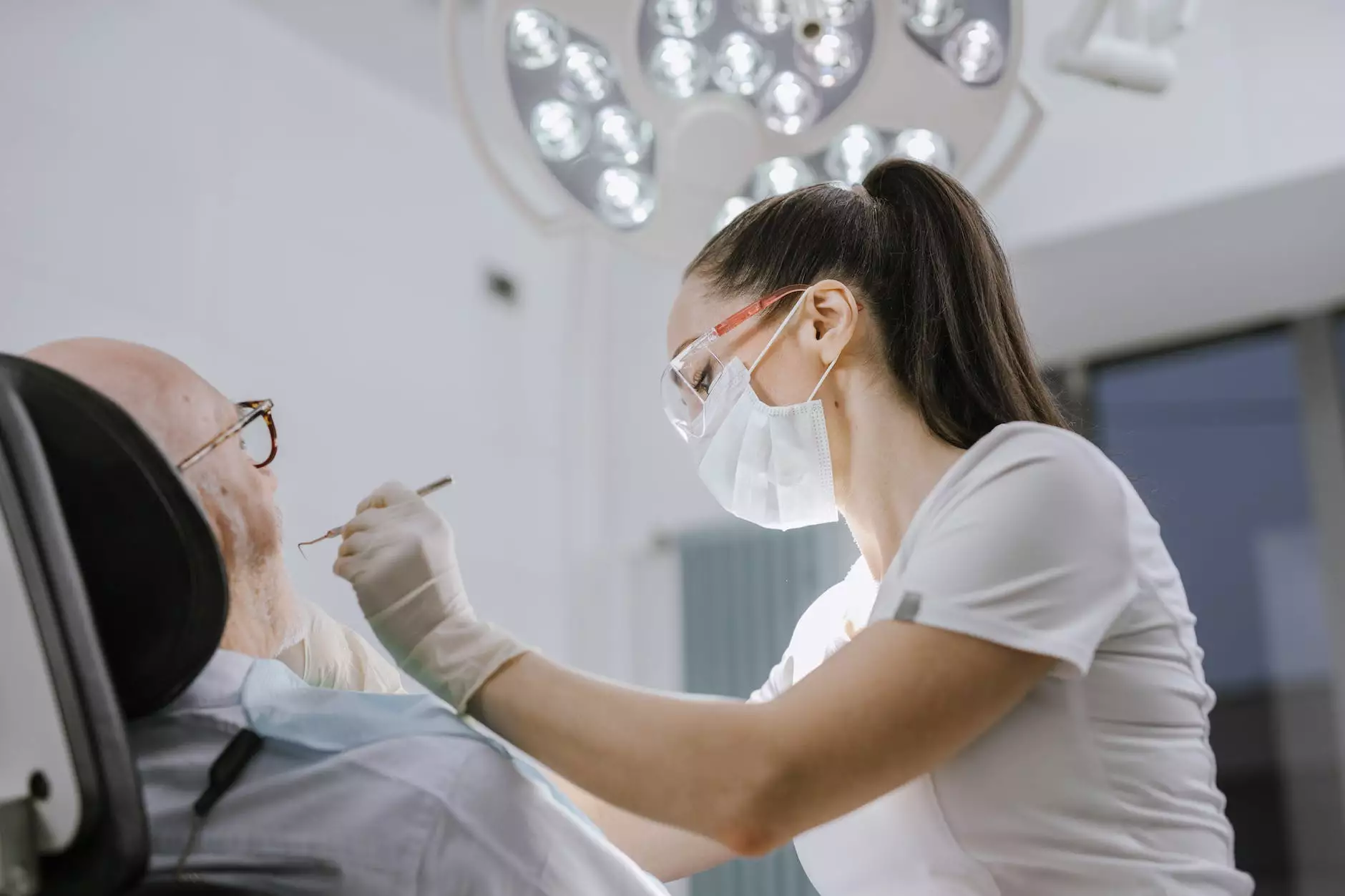Lung Cancer Screening: A Comprehensive Guide to Early Detection and Treatment

Understanding Lung Cancer
Lung cancer is one of the deadliest forms of cancer, significantly impacting individuals and families worldwide. Despite its prevalence, lung cancer often goes undetected until it has reached advanced stages, making early detection crucial for improving survival rates. Understanding the risks, symptoms, and screening options available can empower individuals, particularly those at higher risk, to take proactive steps in their health management.
The Importance of Lung Cancer Screening
Regular screening for lung cancer plays an essential role in early detection. It allows for the identification of cancerous cells even before symptoms appear, which significantly enhances treatment success rates. The following points highlight the critical importance of lung cancer screening:
- Early Detection Saves Lives: Detecting lung cancer in its early stages can make a significant difference in the treatment outcome, reducing mortality rates and lengthening survival times.
- Identification of High-Risk Patients: Screening enables healthcare providers to pinpoint individuals with a higher risk of developing lung cancer, thereby facilitating timely intervention.
- Reduces Treatment Costs: Early-stage lung cancer is often more manageable and less expensive to treat than advanced stages, thereby reducing the overall financial burden on patients.
- Increased Awareness: Regular screening fosters greater awareness about lung cancer among patients and healthcare providers, promoting discussions about lifestyle changes, treatment options, and support resources.
Who Should Consider Lung Cancer Screening?
Not everyone requires lung cancer screening. The U.S. Preventive Services Task Force (USPSTF) recommends that certain individuals participate in regular screenings based on specific criteria:
- Adults aged 50 to 80 years.
- Current smokers or those who have quit within the past 15 years.
- Individuals with a smoking history of at least 20 pack-years (the equivalent of one pack a day for 20 years).
If you meet one or more of these criteria, consulting with your healthcare provider about lung cancer screening is advisable.
Common Methods for Lung Cancer Screening
There are several methods available for lung cancer screening, each with its strengths and usage scenarios. The most common methods include:
Low-Dose Computed Tomography (LDCT)
The LDCT scan is currently the most effective screening tool for lung cancer. It uses low doses of radiation to create detailed images of the lungs and can identify small tumors that traditional X-rays might miss. This screening is typically done annually for individuals who are at high risk.
Sputum Cytology
Sputum cytology involves examining mucus that has been coughed up from the lungs (sputum) for abnormal cells. Although less commonly used for screening purposes, it may be beneficial for patients with persistent cough or other respiratory issues.
Chest X-ray
While chest X-rays are often used in diagnosing lung conditions, they are not recommended as a primary screening tool for lung cancer. They are less sensitive than LDCT and may miss early-stage cancers.
Benefits of Lung Cancer Screening
Participating in lung cancer screening can offer numerous benefits beyond early detection. Here are some advantages of getting screened:
- Peace of Mind: Knowing your lung health status can alleviate anxiety and uncertainty about potential health issues.
- Access to Support Services: Individuals diagnosed with lung cancer early may gain access to support networks, counseling, and resources designed to assist them during treatment.
- Informed Treatment Decisions: Early-stage lung cancer treatment options are often less invasive and lead to better outcomes, providing patients with more choices.
- Improved Public Health Outcomes: Widespread screening initiatives can lead to a noticeable reduction in lung cancer mortality rates across populations.
Potential Risks and Considerations
While the benefits of lung cancer screening largely outweigh the risks, it is essential to be aware of potential considerations:
- False Positives: There is a possibility of false positives, which can lead to unnecessary anxiety and invasive procedures.
- Radiation Exposure: Although LDCT uses lower doses of radiation compared to traditional CT scans, repeated exposure should still be evaluated.
- Overdiagnosis: Some detected tumors may not pose a significant risk and may not require treatment, leading to overtreatment and further complications.
Discussing these potential risks with your healthcare provider is crucial for making an informed decision about screening.
Preparing for Your Lung Cancer Screening
If you decide to undergo lung cancer screening, adequate preparation can enhance your experience and outcomes. Consider the following steps:
- Consult Your Doctor: Schedule an appointment with your healthcare provider to discuss your screening eligibility and risks.
- Verify Insurance Coverage: Check with your insurance provider about coverage for lung cancer screening services.
- Wear Comfortable Clothing: For the screening, wear clothing that allows easy access to your chest area, as you may need to remove upper garments during the procedure.
- Follow Pre-Screening Instructions: Adhere to any pre-screening instructions provided by your healthcare facility for optimal results.
Next Steps After Screening
After your lung cancer screening, it’s important to understand what to expect:
- Results: Most facilities provide results within a few days to a week. Your doctor will discuss the findings with you.
- Further Testing: If any abnormalities are detected, your provider may recommend further testing, such as biopsies or additional imaging studies.
- Ongoing Care: Regular follow-up appointments and continued monitoring may be necessary, especially for individuals diagnosed with lung cancer.
Conclusion
Lung cancer screening is a vital measure that can significantly enhance the chances of early detection and effective treatment. If you are at risk, it is crucial to speak to your healthcare provider about the benefits and appropriateness of screening for you. By prioritizing your lung health, you can take informed steps toward a healthier future and potentially save your life or the life of a loved one. Remember, early detection is key to beating lung cancer!
For more information on lung cancer screening and other health-related services, visit Hello Physio, your trusted source for healthcare and medical services.







